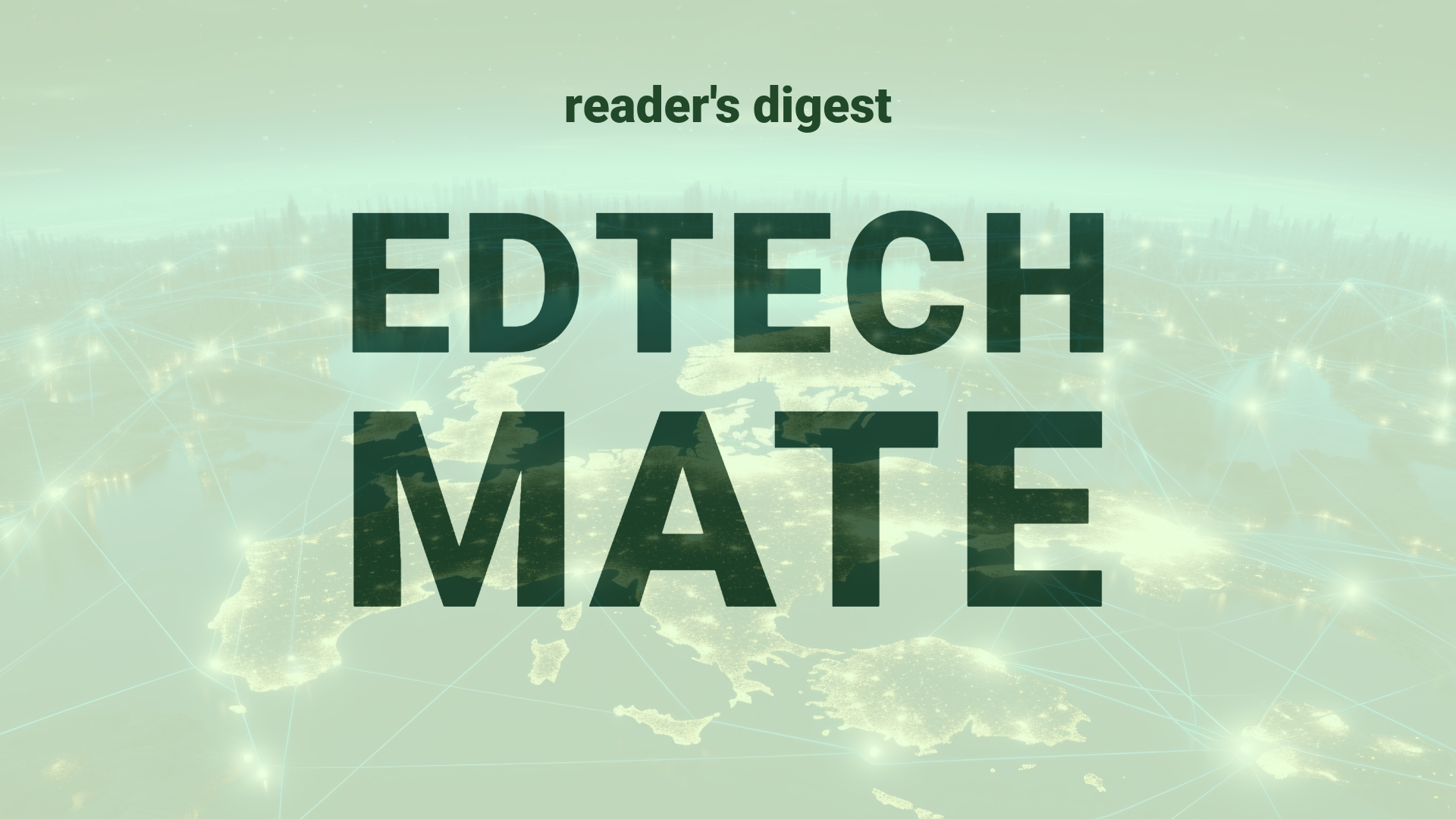“`html
Executive Summary and Main Points
The convergence of new technologies and the influx of Generation Z are influencing manufacturing, with parallels to educational shifts in digital transformation. The latest research reveals Gen Z’s workforce integrations reflect a demand for more than financial compensation—they value meaningful work, career advancement, flexibility, and caring leadership. This trend is set to impact educational dynamics as this generation pursues further education, higher education, and micro-credentials, seeking institutions and programs granting autonomy, real-world impact, and technological fluency.
Potential Impact in the Education Sector
Developments in manufacturing and workforce dynamics signal considerable implications for Further Education, Higher Education, and Micro-credentials. The pursuit of meaningful work by Gen Z suggests a rise in strategic partnerships between educational institutions and industries that prioritize societal impact and technological innovation. A shift towards digitalization could see the emergence of flexible, hybrid educational models catering to digital natives, challenging traditional on-campus norms and promoting lifelong learning through micro-credentials.
Potential Applicability in the Education Sector
AI and digital tools offer groundbreaking applications within global education systems. By emulating the restructuring seen in responsive manufacturing environments, educational entities can leverage AI for personalized learning paths and employ digital tools to foster collaborative, project-based learning. This approach aligns with Gen Z’s expertise and fortifies students’ readiness for a digitally-driven workforce. Institutions can integrate real-time feedback mechanisms, gamification, and virtual reality to enhance engagement and embody rapidly evolving industry practices.
Criticism and Potential Shortfalls
While these innovations present many benefits, potential shortfalls include exacerbating the digital divide and neglecting ethical considerations, such as data privacy. Comparative international case studies reveal a disparity in technological access affecting the universality of such approaches. Additionally, the broad application of AI and digital tools must be tailored to respect diverse cultural contexts and educational values, ensuring that technology enhances, rather than homogenizes, the global educational landscape.
Actionable Recommendations
For successful implementation of AI and digital transformation in education, leadership should develop clear strategies for integrating technology into the curriculum. This includes investing in infrastructure to minimize the digital divide, providing faculty with professional development to adapt teaching methods, and creating inclusive, flexible learning environments. International education leaders could also form cross-sector alliances to ensure program relevance and establish clear ethical guidelines for technology use, prioritizing a culture that respects every student’s background while fostering lifelong, impactful learning.
“`
Source article: https://www.mckinsey.com/capabilities/operations/our-insights/from-hire-to-inspire-getting-and-keeping-gen-z-in-manufacturing

